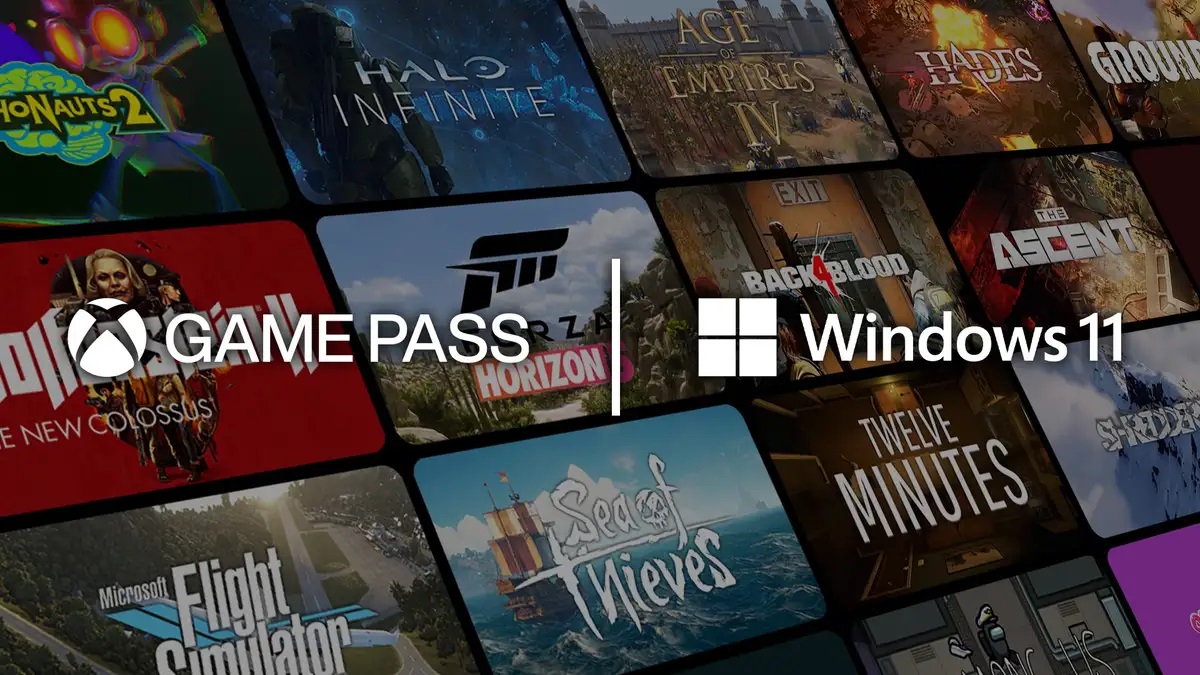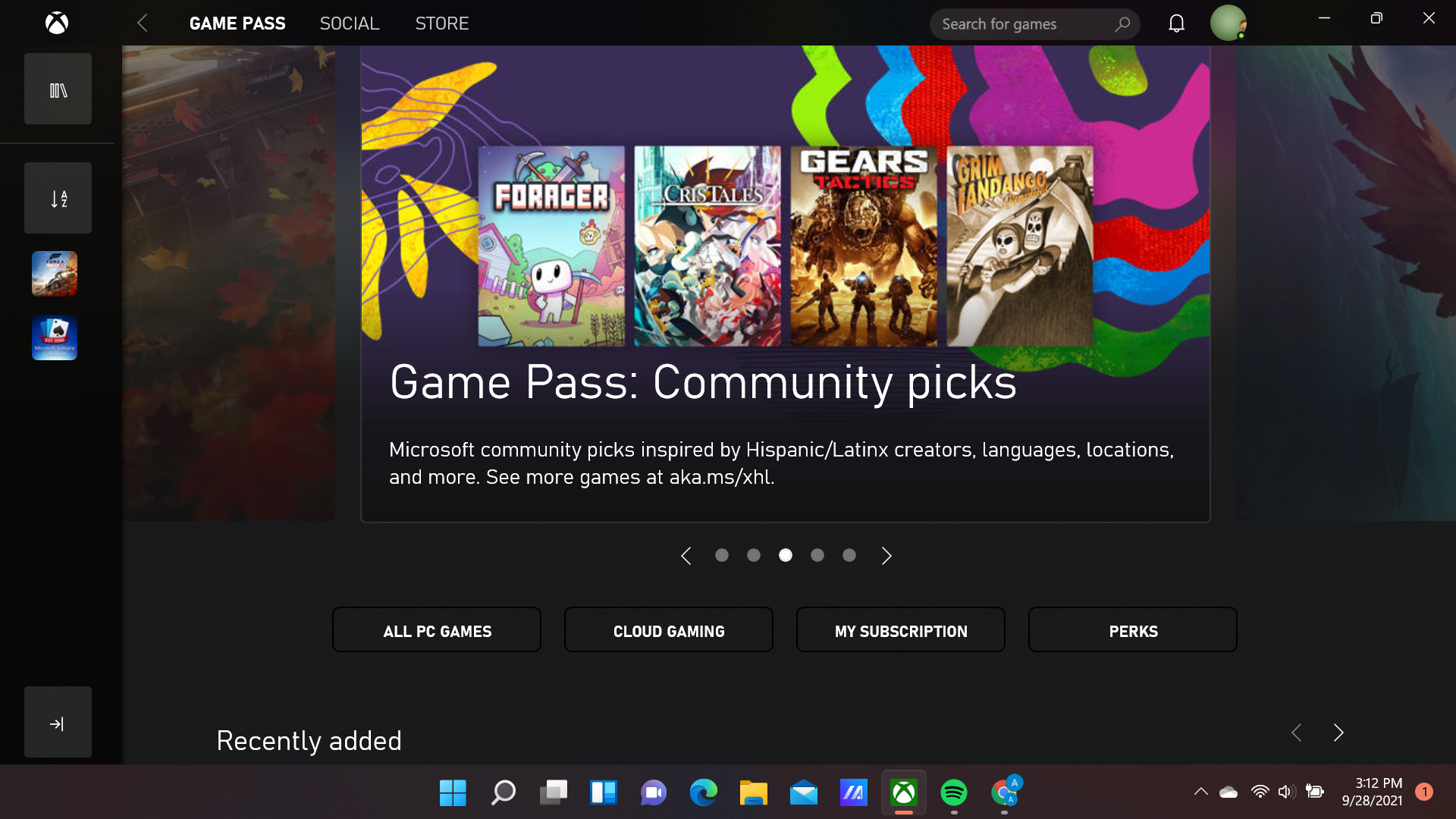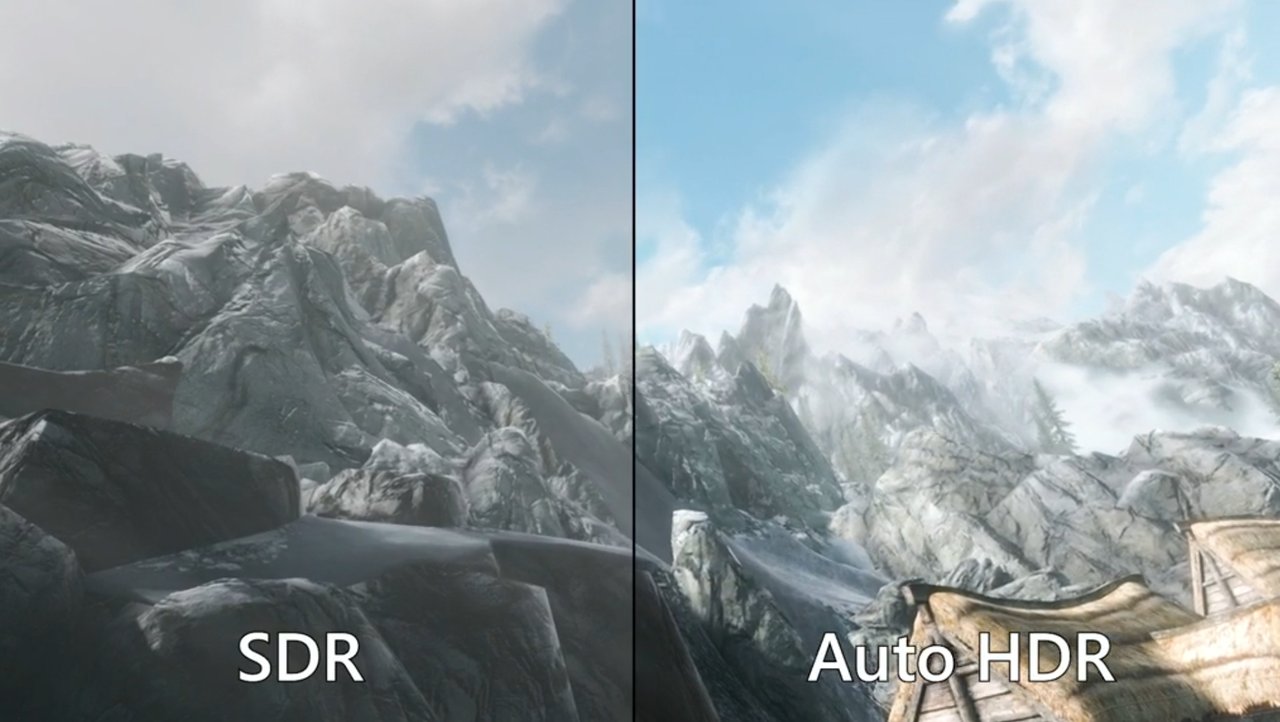Windows 11: What it means for gamers
Windows 11 promises to deliver an Xbox-quality gaming experience on PC.

Gaming on Windows 10 isn’t as clunky or frustrating as it was on previous Microsoft operating systems. It’s certainly not as intuitive as playing on Xbox Series X, PS5, or even on Steam. It’s strange how gaming on Windows has always felt like an afterthought.
After all, Microsoft has (mostly) done an excellent job with Xbox over the past twenty years. But given PC gaming’s growing popularity in recent times, it makes sense that Microsoft would finally step up its game with Windows 11, which launches next Tuesday, October 5.
- Play the best Xbox Series X games
- Also try the best PC games
- Plus: Microsoft Store is opening up to Amazon, Epic, others — why that matters
So what does Windows 11 mean for gamers? Read on to find out, and perhaps you'll agree with the notion it could bring Xbox Series X's greatest strengths to PC.
Windows 11 means deeper Xbox integration
Integration is the first main feature, as Windows 11 will ship with an built-in Xbox app that will let you jump right into your Xbox Game Pass (for PC) games. Xbox head Phil Spencer has spoken about Xbox as a platform or service in the past, and integrating Xbox directly into Windows 11 goes a long way to living up to that philosophy.

Integration also means your Xbox achievements and gamerscore will carry over to Windows 11. This feature exists in Windows 10 but it’s worth noting its inclusion in Windows 11, especially if you’ve cultivated a sizable gamerscore over the years. Considering how you can switch between playing on Xbox consoles, PC and mobile platforms, this form of integration and cross-platform data transferring is vital.
Windows 11 means faster loading times from SSD
Both Xbox Series systems feature ultra-fast load times thanks to the way they're designed to pull data from their NVMe M.2 SSDs, and Windows 11 will include a similar feature. Its DirectStorage API will allow for quicker game load times on PC, provided your rig has an SSD installed. Some PCs already enjoy snappy load times, so this feature might be negligible for certain users. But the fact Microsoft wants its Windows gaming experience to be on par with Xbox benefits everyone.

Looking beyond faster load times, SSD utilization may one day mean the end of awkward techniques meant to hide load screens. This includes things like long elevator rides in Mass Effect, squeezing through crevices in Final Fantasy VII Remake or characters surmounting tall walls in The Last of Us. Removal of these transitional scenes creates the possibility for all-new gameplay experiences.
Sign up to get the BEST of Tom's Guide direct to your inbox.
Get instant access to breaking news, the hottest reviews, great deals and helpful tips.
Windows 11 means better, easier HDR
Auto-HDR isn’t a flashy feature like DirectStorage or Xbox Game Pass integration, but its inclusion in Windows 11 will eliminate the frustration caused by trying to use HDR on Windows 10. HDR isn’t a universal feature in games, meaning you have to manually enable it for HDR-compatible titles. You could theoretically leave HDR on, but Windows 10 appears washed out when it’s enabled outside of gaming. Games lacking HDR are also less than appealing with the feature enabled. This is why auto-HDR is such a welcome feature. Once you enable it, it will automatically (via AI) improve the color range of non-HDR games to make it look like they're running in HDR.

We still need to test titles on Windows 11 to see the impact these features have on gaming. As we said up top, Microsoft’s track record with PC gaming isn’t the greatest. Gaming on Windows 10 isn’t a disaster, but it’s still regarded as less than optimal by many in the PC gaming community.
To that end, it’s important to consider Microsoft’s desire to get as many folks onto their ecosystem as possible. Xbox is on both PC and mobile devices. These platforms have user bases dwarfing those found on consoles, and it makes sense for Microsoft to want to make Xbox appealing to those audiences. Even if there’s a large segment of the PC community that scoffs gaming on Windows, their size is negligible compared to the aforementioned audiences. Again, we can’t cast judgment on Windows 11 gaming until we’ve tried it for ourselves, but things look promising. If Microsoft delivers the goods then gaming on Windows could be just as good as playing on Xbox Series X.

Tony is a computing writer at Tom’s Guide covering laptops, tablets, Windows, and iOS. During his off-hours, Tony enjoys reading comic books, playing video games, reading speculative fiction novels, and spending too much time on X/Twitter. His non-nerdy pursuits involve attending Hard Rock/Heavy Metal concerts and going to NYC bars with friends and colleagues. His work has appeared in publications such as Laptop Mag, PC Mag, and various independent gaming sites.
